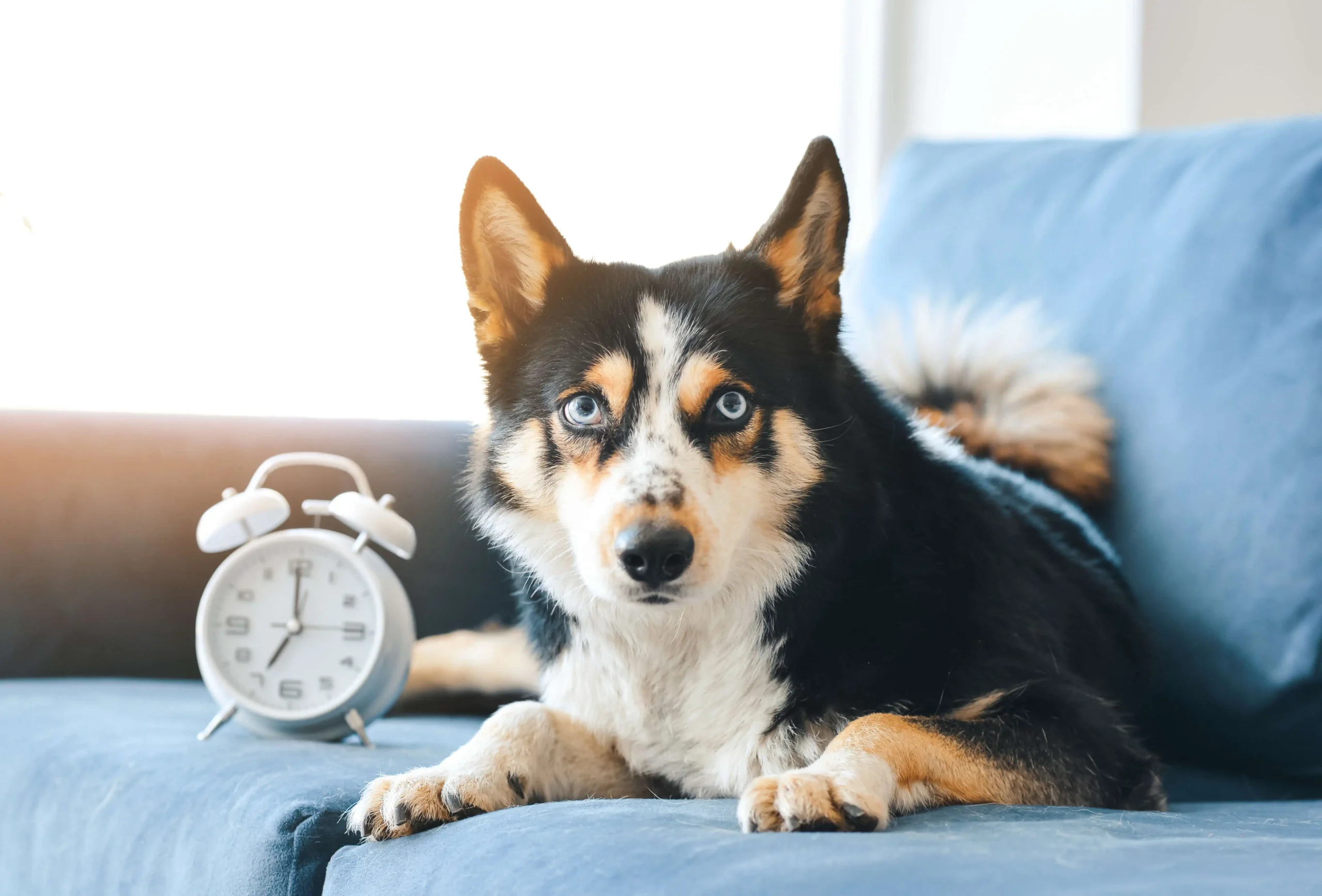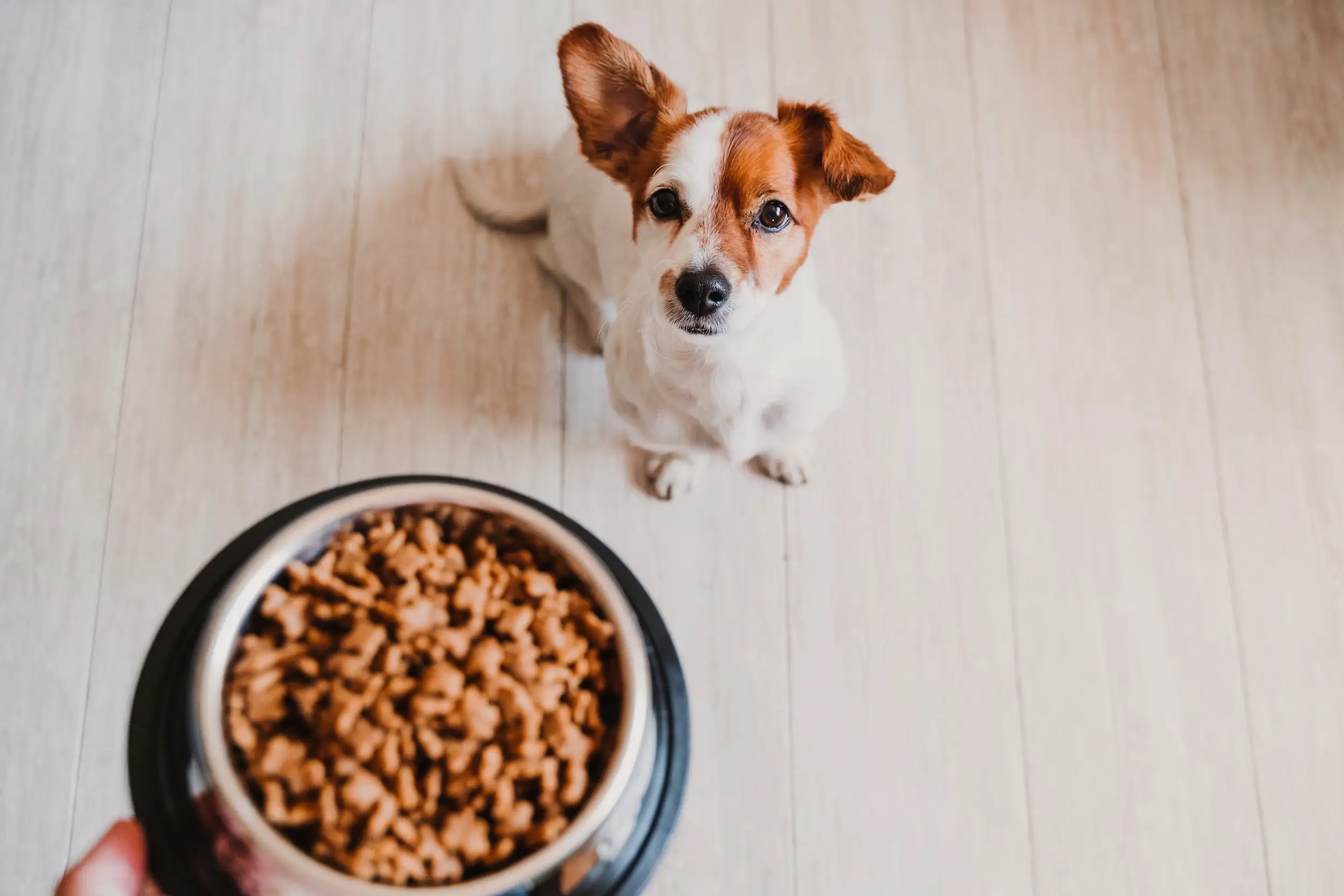Naju Pets | September 10, 2024
Do Dogs Have a Sense of Time?

Have you ever considered how your dog perceives time? While dogs don’t have the ability to read clocks or calendars, they are keenly aware of the passage of time through a series of environmental cues and routines. This remarkable ability not only helps them adapt to their daily lives but also has evolutionary significance. In this blog post, we’ll dive into the fascinating ways dogs sense time and how these skills contribute to their well-being and survival.
Tracking Time with Environmental Cues
Dogs are incredibly adept at picking up on subtle environmental changes that signal the passage of time. Here are some ways they do it:
- Routine-Based Clocks:Dogs are creatures of habit. They thrive on routine, and their internal clocks are closely aligned with their daily schedules. For instance, if you regularly walk your dog at 7 AM, they’ll start anticipating this event as that time approaches. This anticipation is driven by the consistent pattern they experience, and they may even start showing signs of excitement or anxiety as the time nears.
- Light and Dark Cycles:Dogs are sensitive to changes in light. They often use natural light cues to gauge the time of day. For example, if your dog gets excited around dusk when you usually start preparing dinner, they are likely responding to the fading light as a signal that mealtime is approaching. Similarly, early morning light might cue them that it’s time for their morning walk.
- Sound Cues:Many dogs are
attuned to specific sounds that indicate routines. If you use a particular sound for mealtime, like the clinking of a food bowl, your dog will learn to associate that sound with getting fed. Other auditory cues, such as the sound of a car arriving home at a certain time, can signal to your dog that their owner is about to return.
The Role of Scent in Time Perception
Dogs have an exceptional sense of smell, and this plays a crucial role in how they perceive time. Dogs often use scent markers to track time. For example, a dog might sniff around a specific spot in the yard or house where they have previously left their mark. Over time, changes in the strength or familiarity of these scents can give them a sense of when certain activities or events are due.
The ability to remember and recognize different scents helps dogs anticipate future events. If your dog smells the scent of a familiar person or object, they might infer that something associated with that scent is about to happen, such as a visit from a friend or a favorite activity.
Evolutionary Significance of Time Perception
From an evolutionary perspective, the ability to perceive and anticipate time has been crucial for dogs’ survival and social interactions. Anticipating events helps dogs prepare for what’s coming next, whether it’s hunting, foraging, or social interactions. Early detection of these cues allowed their wild ancestors to be more effective hunters or avoid potential threats.
Dogs’ ability to sense the passing of time and align their behavior with human routines strengthens their bond with their owners. This predictability fosters trust and reduces anxiety, making dogs more likely to integrate well into human households.
By understanding time through environmental cues, dogs can better adapt to their surroundings. This ability to synchronize their activities with changes in their environment (like the arrival of seasonal weather) helps them thrive and maintain balance in their daily lives.
A Time All Their Own
While dogs may not understand time in the same way humans do, their remarkable ability to perceive and anticipate the passage of time through environmental cues and routines is a testament to their adaptive nature. Whether through the rhythm of daily routines, the changing light of day, or the complex world of scents, dogs demonstrate an impressive grasp of time that benefits both their evolutionary survival and their relationship with humans. So, next time you notice your dog’s uncanny ability to predict your actions, like a routine trip to doggie day careor their next grooming appointment, remember that they’re using their own unique “timepiece” to navigate their world with remarkable precision.


